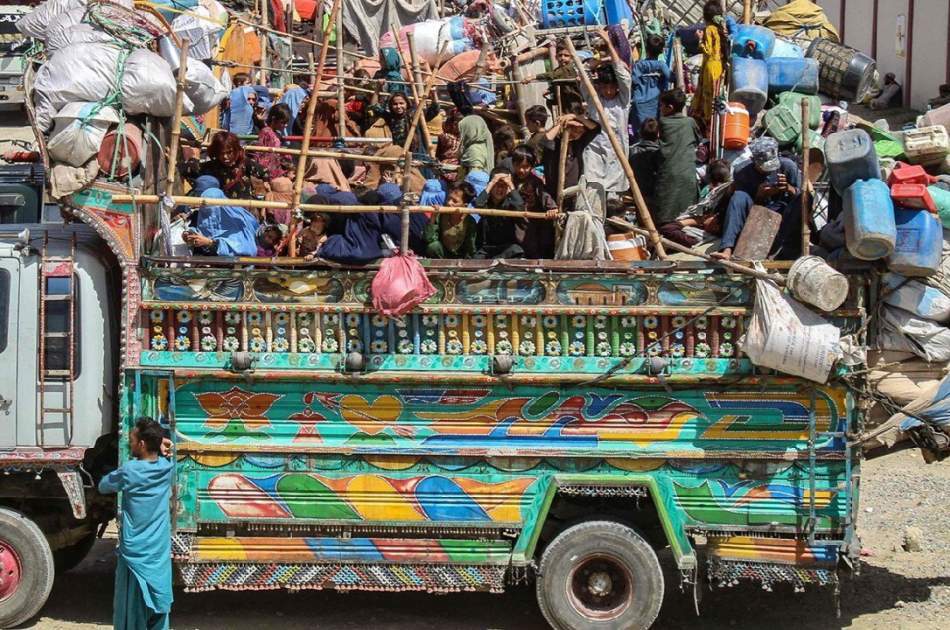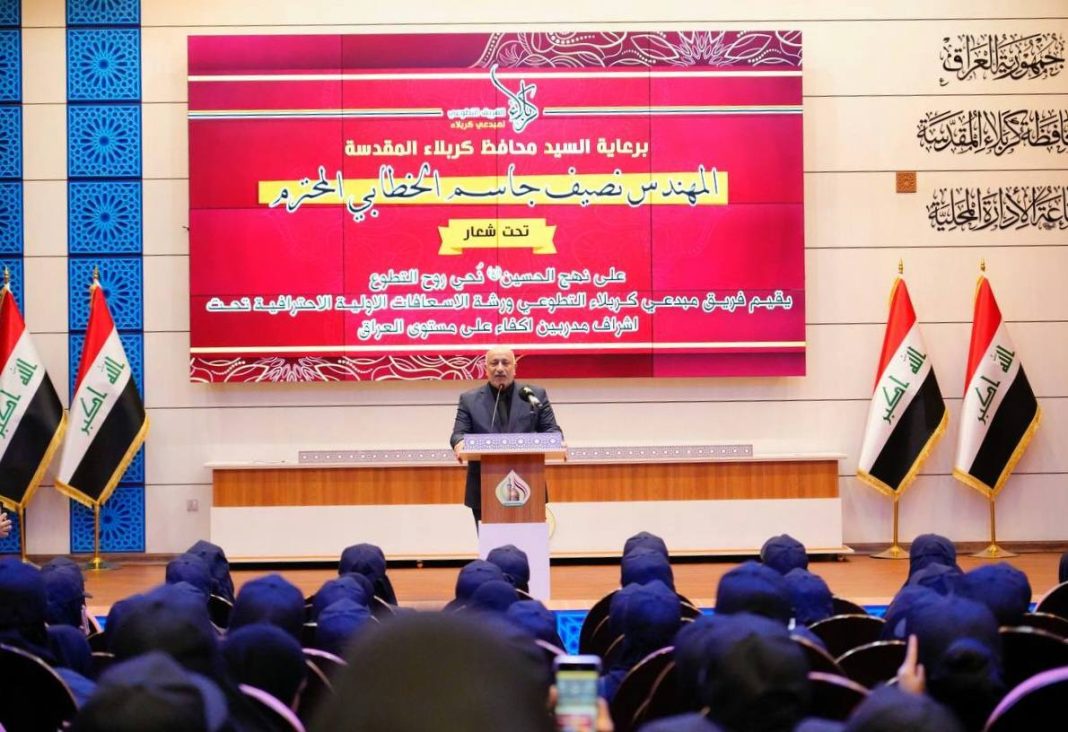As the deadline set by Pakistan for the departure of POR card holders approaches, concerns about a new wave of deportations of Afghan refugees have intensified and refugees living in the country remain worried. This is while Pakistani authorities announced on Wednesday, August 6, that they have given Afghans with POR cards until September 1 to voluntarily leave the country. Previously, Pakistan had given POR card holders until June 30 to leave the country.
According to estimates, about 1.4 million people are now registered with the UN refugee agency and have POR residence cards issued by Pakistani authorities. But Pakistani authorities have refused to issue these cards after June 30, drawing criticism from human rights groups and international organizations.
Previously, some officials from international organizations, including the International Organization for Migration, had said that they were working to improve the situation of refugees in Pakistan, but that they had no role in changing the government’s decisions on refugee issues and that Pakistan made decisions based on its national interests.
However, Latifur Rehman, a spokesman for the Interior and Tribal Affairs Department, also said that Afghan refugees would be given a 25-day deadline “from August 4 to 31” to voluntarily return to their country.
He added that Islamabad approved the new deadline this week, after which those who remain could face arrest and forced deportation.
Abdullah Mohammadi, a member of the Pakistan Refugee Council, also confirmed in an interview with Ava that the Pakistani government had given PoR card holders until the end of August.
He also added that the situation of Afghan refugees in Pakistan has improved compared to the first few years in many provinces of the country and the police have reduced the severity of arrests, but the Pakistani government has warned that it will deport illegal and undocumented migrants.
Although he called the 25-day period for migrants short, he said that efforts are underway to give migrants more time to settle their financial affairs and return home with their assets.
The Pakistani government’s actions regarding migrants should be taken in coordination with Afghanistan
In an interview with Ava, Abdul Muttalib Haqqani, spokesman for the Ministry of Refugees and Repatriates, although he did not mention the extension of the POR residence card, said that our demand from Pakistan is to treat migrants in accordance with international principles and not forcibly deport them from their country.
Without referring to the holders of residence cards, Haqqani also called on Pakistan to “give more time to the refugees and in addition, any decision it makes regarding the refugees should be in understanding and coordination with the Islamic Emirate of Afghanistan. It is not logical for governments to be unaware of the fate of their citizens in the world of migration and this will be good for both countries.”
Mr. Haqqani also called on all Afghan refugees and migrants that “for whatever purpose they have migrated, if they have achieved that goal, there is currently complete security in the country and it is time for them to return to their country of their own free will and voluntarily.”
Mr. Haqqani emphasized: “Complete preparations have been made for the returned refugees in all areas, from temporary residences to permanent residences, job opportunities, education, health and various other programs that are under way. Therefore, they should return to their homeland and end the suffering of themselves and their families in the world of migration.”
It is worth noting that although the 25-day extension of the POR residence card by the Pakistani government is a very short and insignificant period, the United Nations High Commissioner for Refugees (UNHCR) has welcomed the Pakistani government’s extension of the deadline for the deportation of Afghan refugees with POR refugee registration cards by almost one month.



